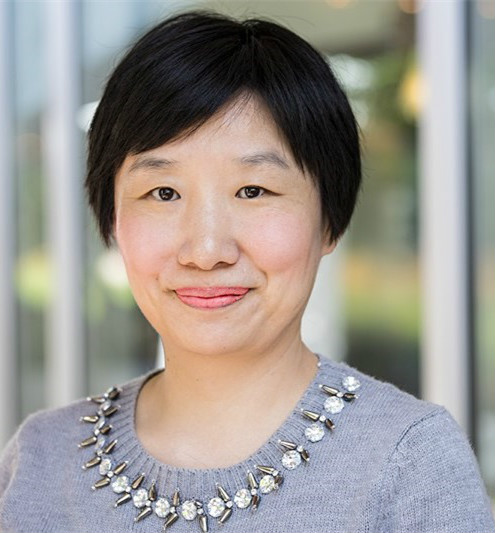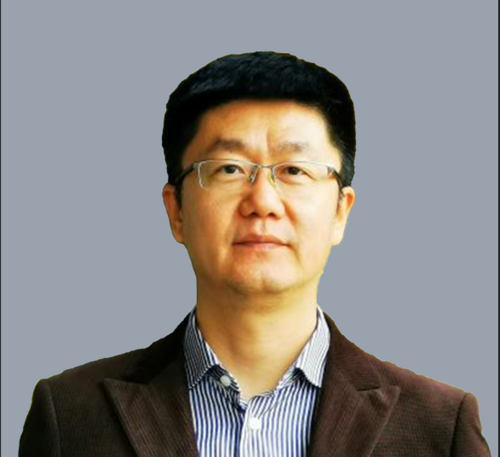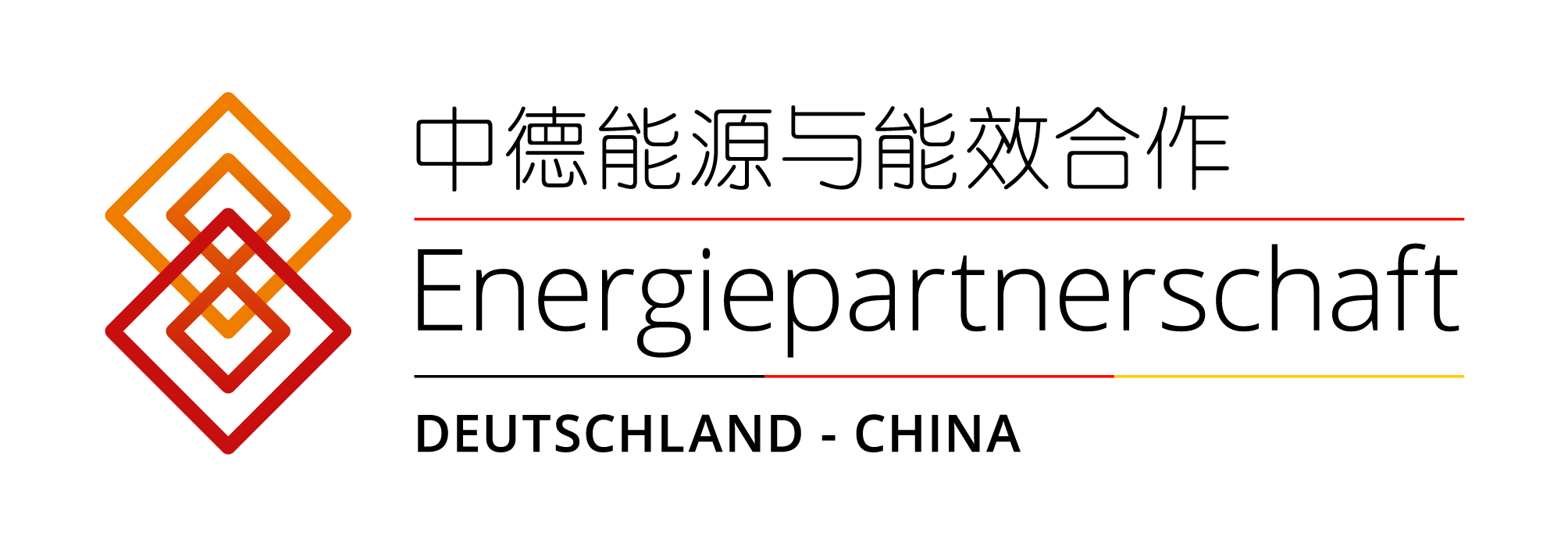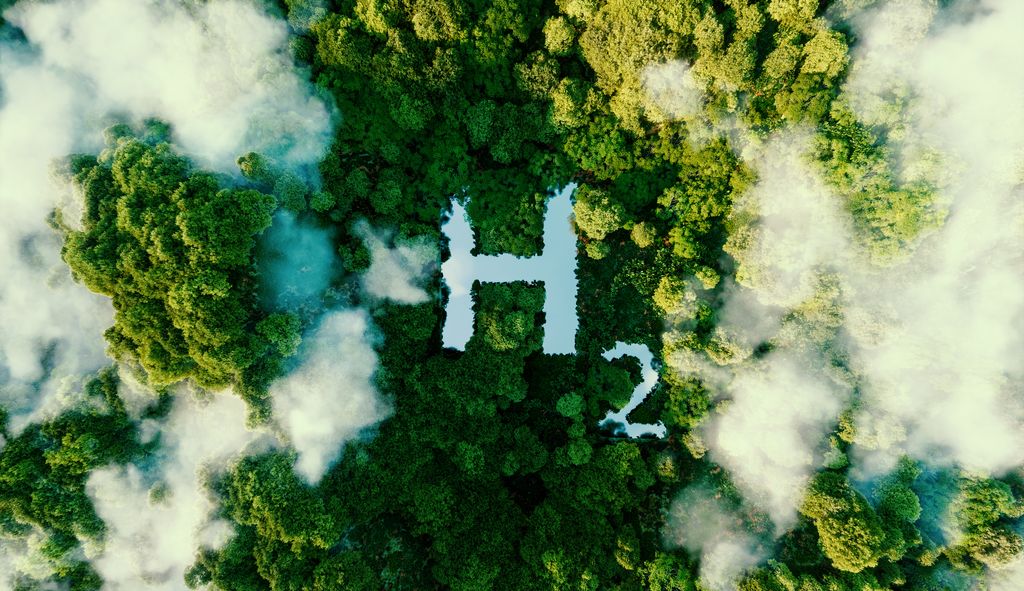On September 28th, the GIZ organized the “Sino-German Expert Workshop on Energy Efficiency of Electrolyzers”, providing an exchange platform for Chinese and German stakeholders to foster better understanding on energy efficiency of electrolyzers and related standards in China, Europe and Germany.
Four experts from the State Grid Smart Research Institute, China Hydrogen Alliance, Huaneng Clean Energy Research Institute, and TUV Rheinland shared insights about the current Chinese standard framework, international standards, and practical experience with standards development regarding electrolyzer energy efficiency. As the hydrogen industry is rapidly changing, the current Chinese standard system for hydrogen production by water electrolysis is outdated. The framework for hydrogen industry standards development, recently published by NEA and five other ministries, offers a crucial path to revise and develop new standards. Another key challenge discussed are lacking electrolyzer performance testing methods, equipment and sites. Defining testing methods for electrolyzer performance is complicated by the fast-paced technological development. Parallel, services for third-party performance testing, certification, data collection, etc. are insufficient.
The event also provided technical insights into the development of standards for specific areas, such as the dynamic operation of water electrolyzer systems, integration of hydrogen energy in the power system, and high temperature electrolyzer systems. In addition, the experts shared the international standards development, highlighting the ISO 22734:2019 for hydrogen generators using water electrolysis, with a special emphasis on requirements for performance testing standards.
During the event, the experts also exchanged on the “Hydrogen Top Runner Action”, an initiative led by China Hydrogen Alliance, China National Institute of Standardization and Chinese Society of Technology Economics. The initiative aims at improving the standard system of the Chinese hydrogen industry by mobilizing companies with advanced hydrogen technology to actively accelerate standard development. Participating companies are honored as industry pioneers. Companies seeking to participate in the initiative are evaluated, among other criteria, based on the performance of their electrolyzers. Therefore, a group standard that specifies energy efficiency testing methods for alkaline electrolyzers was developed in the framework of this initiative.
In the round table discussion, additionally joined by experts from the China Quality Center and Siemens Energy as German business representative, the experts delved deeper into the topic. The discussion showed the urgency of harmonizing Chinese electrolyzer energy efficiency standards with international standards . The participants also confirmed the before discussed challenges, including the lacking adjustment of performance testing methods with recent technological developments and insufficient testing sites and equipment. For solving these issues, more exchanges with and joint efforts from multi-stakeholders is key.
Energy efficiency assessment standards for electrolytic hydrogen production are crucial to manufacturers and consumers. Adherence with current hydrogen production technology and the adoption of standards recognized by the industry can foster healthy competition in the industry and the development of energy-efficient hydrogen production equipment.
The workshop was organized within the framework of the Sino-German Working Group on Energy between the German Federal Ministry for Economic Affairs and Climate Action (BMWK) and the National Energy Administration of the PRC (NEA). The Sino-German Energy Partnership provides a dialogue platform on energy transition for both countries’ government bodies, industry and academia. To participate in future activities, and for more information on hydrogen, please contact Mr. Vincent Fremery (vincent.fremery(at)giz.de).
Sino-German Cooperation in Advancing Green Hydrogen Development
During the 11th meeting of the Sino-German Working Group on Energy, the German Federal Ministry for Economic Affairs and Climate Action (BMWK) and the National Energy Administration (NEA) of China agreed on further enhance cooperation in 2023. Key topics to focus include power market reform/spot markets, power system flexibility, sustainable heating, distributed renewable energies, and hydrogen. Green hydrogen, produced from renewable energy sources, holds significant potential for reducing emissions in carbon-intensive industries such as steel, cement, and chemicals, making it an indispensable component on the path to achieving carbon neutrality.
Under the Sino-German Energy Working Group framework, both China and Germany will engage in discussions and exchanges of various issues related to green hydrogen, including its role in the decarbonization process, policy development concerning green hydrogen certification and standards, as well as infrastructure development for the production, storage, and transportation of green hydrogen. Together, they aim to unlock the potential of green hydrogen in reaching climate goals.












